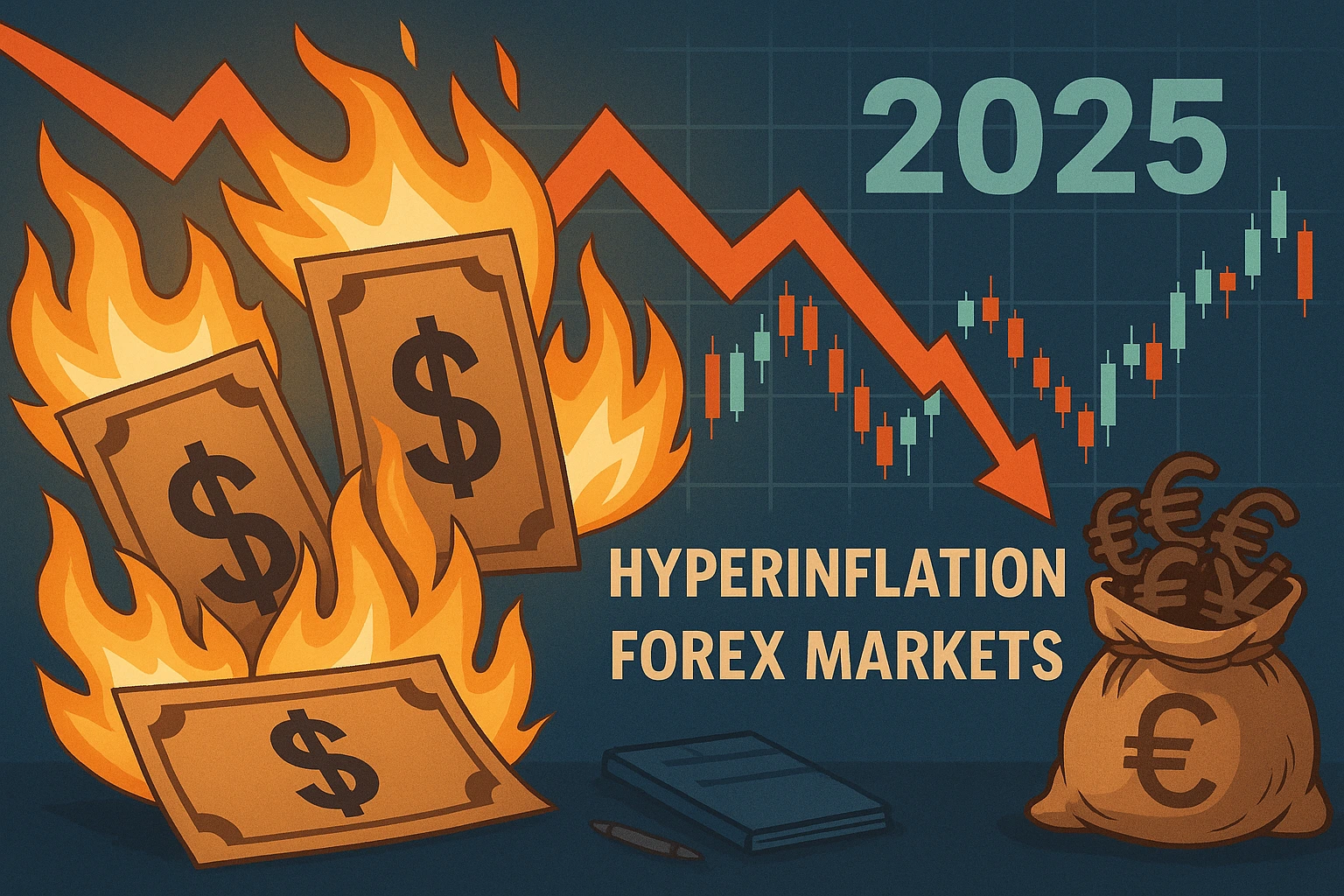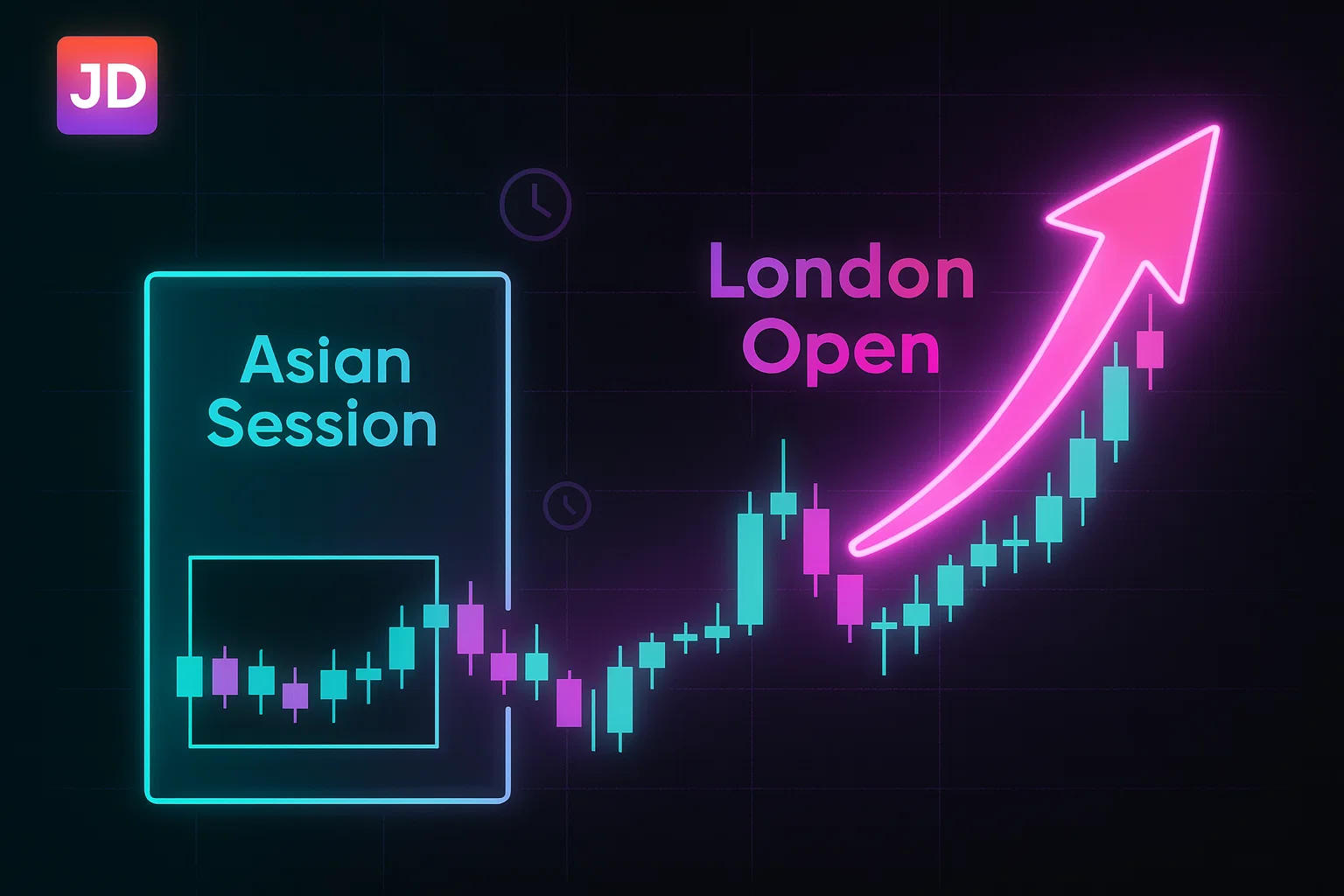For decades, the foreign exchange market stood as the undisputed titan of global finance, a multi-trillion dollar arena where currencies were traded with precision and discipline. The traditional forex broker was the gatekeeper to this world, providing access, leverage, and the analytical tools necessary to navigate the complex interplay of global economies.
However, the dawn of the digital asset era, spearheaded by Bitcoin and the ensuing cryptocurrency revolution, has fundamentally reshaped the financial landscape. In 2025, the role of a brokerage is no longer confined to a single asset class.
The modern broker has evolved into a multi-faceted financial hub, integrating the stability of traditional forex with the disruptive potential of digital assets, and in doing so, redefining what it means to be a gateway to the markets.
The Established World of Foreign Exchange
The foundation of the modern brokerage was built on the forex market. This environment is structured and deeply analyzed, with currency values driven by tangible macroeconomic factors such as interest rate differentials, inflation data, geopolitical stability, and trade balances. Brokers in this space competed by offering tight spreads, fast execution, and a variety of currency pairs, from the highly liquid “majors” like EUR/USD to more volatile “exotic” pairs.
The business model was predicated on providing reliable access to a well-understood market. This deep understanding of economic cause and effect remains a cornerstone of professional trading, with many traders dedicating significant time to mastering the principles of Fundamental Analysis to inform their strategies.
The Crypto Disruption and The Broker’s Dilemma
The emergence of cryptocurrency presented a challenge to this established order. Initially viewed with deep skepticism by the traditional financial world, crypto was seen as a speculative, unregulated, and dangerously volatile phenomenon. Its decentralized nature and technology-driven narratives were alien to a system built on central banks and regulatory oversight.
For a time, forex brokers and crypto exchanges existed in separate universes. However, as client demand grew and the market capitalization of digital assets swelled into the trillions, brokers faced a choice: ignore this new asset class and risk becoming obsolete, or adapt and integrate it into their offerings. The most forward-thinking firms chose to adapt, recognizing that their clients wanted a single, trusted environment from which to manage all their investments.
Bridging Two Worlds: The Rise of The Multi-asset Platform
The solution was the evolution into multi-asset brokerages. This new model involved offering cryptocurrency trading, typically through Contracts for Difference (CFDs), alongside traditional forex pairs, commodities, and stock indices. This provided traders with a powerful advantage: the ability to diversify and hedge their portfolios from a single account. A trader could now use their profits from a successful forex trade to open a position in Bitcoin, or hedge their crypto holdings against a market downturn by shorting a stock index.
This holistic approach to portfolio management requires a platform that can seamlessly handle a wide range of markets. Platforms like the YWO trading platform were engineered for this purpose, providing the technological backbone to support a diverse array of trading strategies. This also necessitated a more flexible approach to account structures, with brokerages offering different account types to cater to the varying needs of crypto and forex traders.
Regulation and Trust in a Hybrid Age
As brokers expanded their offerings, the core principles of trust and regulation became more important than ever. The most reliable brokerages, such as the reliable online broker YWO, made a commitment to apply the same stringent regulatory standards and client fund protections that governed their forex operations to their new digital asset offerings.
This provided a crucial layer of security and confidence for traders venturing into the often-unpredictable crypto space. In a market rife with stories of exchange hacks and fraudulent projects, the psychological comfort of operating within a regulated and secure environment cannot be overstated. The ability to trade with peace of mind is a critical component of a sound trading mindset, a topic that is essential for navigating the pressures of any financial market.
Adam Fent is a forex trader who has been involved in the markets since he was a teenager. He started out by day trading penny stocks, and eventually transitioned to Forex because of its liquidity and 24-hour nature.
He has been consistently profitable for the past several years, and is always looking to improve his trading skills. When he's not trading, he enjoys spending time with his wife and two young children.


